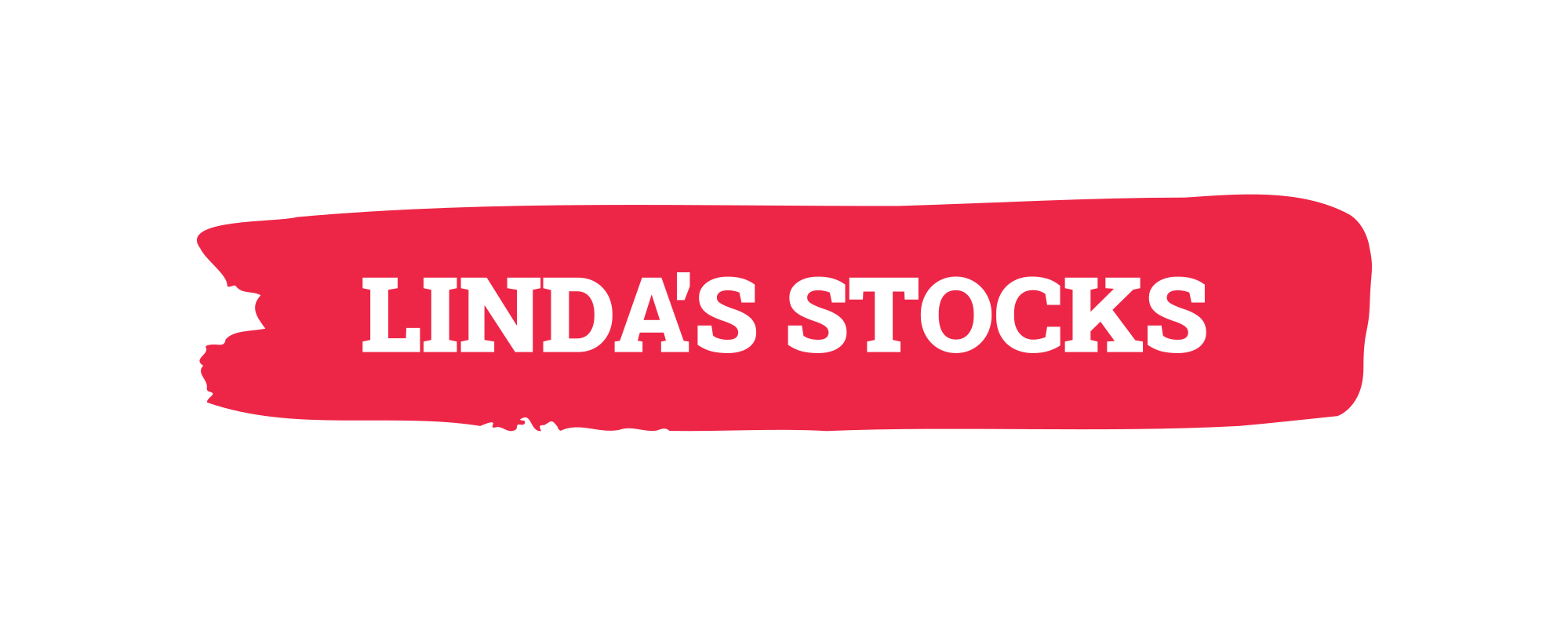3 Asset Classes To Compare Before Investing
What are the 3 asset classes to compare before you begin investing your hard-earned money? This article will discuss each of the three following asset classes: Cash, Bonds, and Stocks.
Cash Investments
I will start with cash. This is a liquid asset that many individuals consider a “safe” asset so they leave cash in their bank accounts. However, the downside is it’s very “rare” for cash to outperform stocks or bonds! Cash is not a good investment!
A director of research for a pension fund recently analyzed annual returns and found cash to be severely “lacking”. This study was done by comparing the returns of the S&P 500 Index Fund, 10 Year Treasury Notes, and 3 Month Treasury Bills, going back to 1928. The analysis found that there were ONLY 12 years, out of this long period of time, that cash was the “top performer”!
This same study also found that an investor who held onto his stock portfolio from 1 year to 30 years “outperformed” cash with cash declining from 13% to 0%! The research found that stocks have been king for 80% of 10 -Year periods and 100% of 30 year periods!
Many financial experts agree that it is, however, a good idea to have a cash emergency savings account set aside of 3-6 months of salary. For example, an individual could unexpectedly suffer a job loss, disability or a major home expense. This emergency savings account should have enough money in it to cover all of your monthly expenses including mortgage, utilities, credit card bills, etc…
In essence, cash makes even “less” sense if you are young and have the ability to create a long-term stock portfolio. The point is the longer you hold onto cash the more it can diminish the returns you could be earning! A good example of this would be the cash equivalent: U.S. Treasuries. Historically, after taking into account the “drain” of taxes and inflation, you can actually “lose” money by investing in a 3-month Treasury!
An individual can also lose money, due to taxes and inflation, with the following cash vehicles: Traditional Savings accounts, Money Market accounts and Certificates of Deposit. You don’t want to end up in the “red” and in the hole financially!
Bond Investments
You may ask what about holding bonds for “risky” times in the stock market instead of cash or stocks? Or, as many financial advisors recommend: having more exposure in your portfolio to this “less risky” asset as you age?
Investors that invest in bonds normally receive an interest payment either semi-annually or annually. The principal is returned to the investor when the bond matures. Many conservative people like the predictability of the returns.
If you do invest in bonds, keep in mind that history has proven that bonds can not “outperform” stock market returns over the long-term! In addition, bonds can carry interest rate risks. Especially, long-term bonds!
Investing In Stocks
Historically, no other asset class long-term has outperformed the returns on stocks! And, missing out on these higher returns can prove to be financially risky in itself! Maybe an investor can sleep better at night invested in cash, or bonds, than stocks, during “riskier” times in the market. However, if they were to exercise patience and hold onto their stocks long-term they could earn maximum returns.
By investing in stocks, an investor could earn both capital appreciation and dividend income. Investing long-term allows the miracle of compound interest. The interest over time will be added to the initial principal.
Asset Allocation
Many investment experts recommend diversifying your assets. This investment strategy suggests investing in all three asset classes. This is referred to as: “asset allocation.”
Each of the three asset classes have varying levels of risks and returns. Consequently, the goal of asset allocation is to invest a “certain” percentage in each asset class. This would achieve an overall balance in the investor’s portfolio.
In conclusion, I, personally, am an advocate for investing in stocks long-term. Overall, stocks make up the “largest” percentage of my portfolio. I am not willing to accept the “lower” returns that cash and bond investments offer. Therefore, I own a very small percentage of cash and bonds in my overall portfolio. For “maximum” returns history has proven that investing in stocks is “where the money is!”







